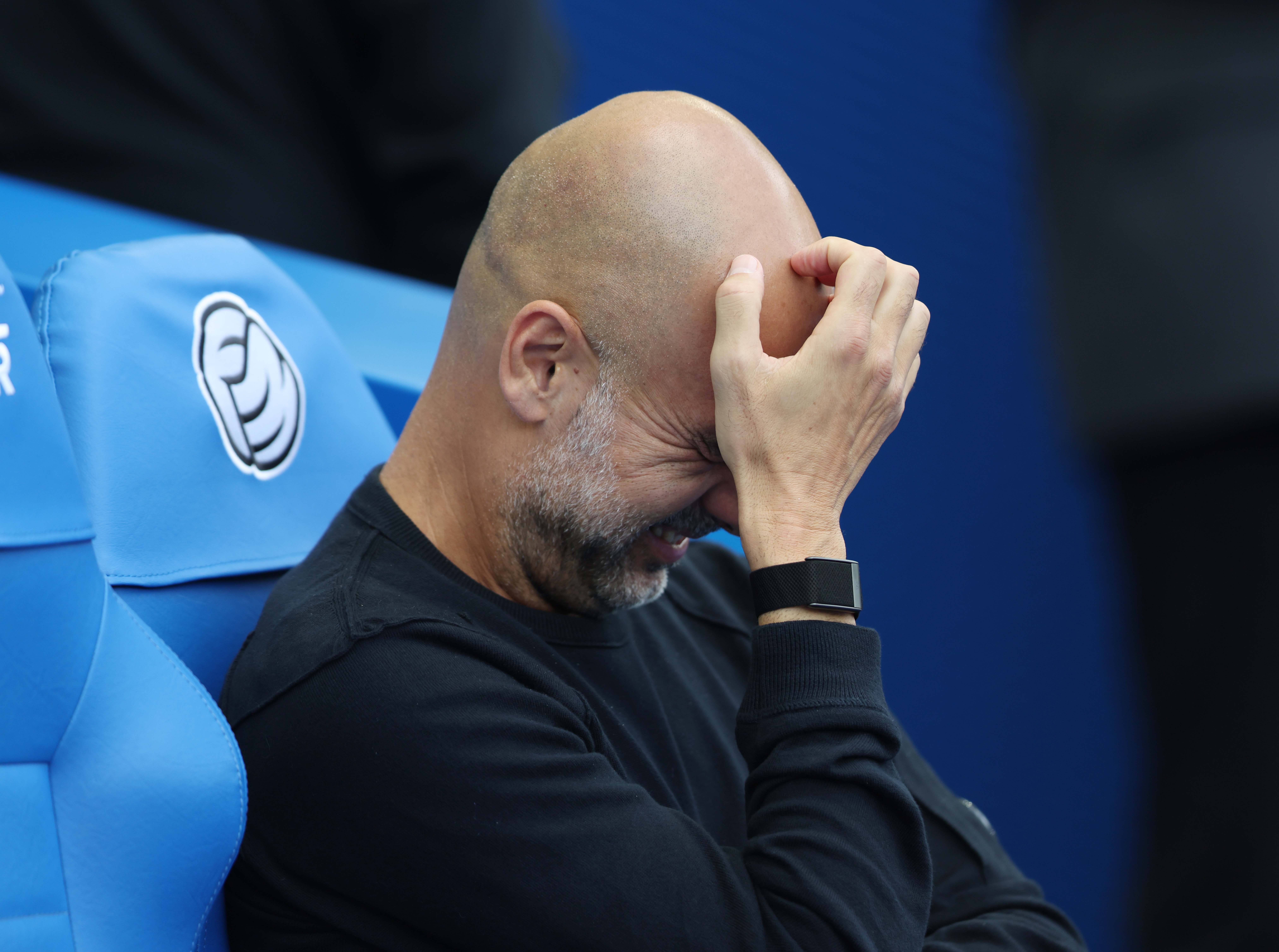The manager: parent, pastor, secretary, dictator
Kicking off a brand new series on amateur football, Barney Ronay starts with the gaffer
Managing an amateur football team is a bit like being the despotic leader of a very small and turbulent rogue state.
It demands absolute authority; a powerful, even doomed, sense of being right at all times; a skilful manipulation of communications; and - no doubt in common with overseeing the plutonium programme in a south Asian basket-case nation - it quite often involves spending the whole of Thursday on the phone and a lot of worrying about whoâÂÂs got the kitbag.
"What do you mean, it's your girlfriend's birthday?"
The manager/captain is a composite figure, bowed by competing responsibilities. For a start youâÂÂre the club secretary, charged with all administrative and clerical duties, including fixture-list finagling, pitch booking, and stewardship of the unexpectedly violent and bad-tempered end of season Balti house social.
YouâÂÂre the board of directors. You manage bad news, you plan for the long term, and you smile and wave and make a run for the car park at the first sign of grass roots unrest.
YouâÂÂre the ashen-faced administrators charged with mitigating the potentially fatal ã170 black hole in the kit purchase slush fund.
The best features, fun and footballing quizzes, straight to your inbox every week.
YouâÂÂre physio and club doctor, keeper of the first aid satchel with its long-dead cold spray and miserable Elastoplast selection, and official dispenser of the touchline bucket of water, panacea for all kinds of flesh and internal wounds, usually combined with some muttered advice about âÂÂjust running it offâÂÂ.
TACTICAL GURU
The manager is also in charge of tactics. This is of course an illusion. There are no tactics.
Not accidentally shin-volleying an inswinging corner into your own goal from an unmarked position six yards out and then turning around and shouting âÂÂWho's on the f***ing POST?â a few times just as it starts to snow; not lining up with nine men, one of whom is wearing tennis shoes: these are the closest thing to âÂÂtacticsâÂÂ.
"I don't know why I bother"
But the manager is always indulged, so expect to listen to some pre-kick-off talk about âÂÂtwo banks of fourâ and âÂÂswitching the point of attackâÂÂ.
I once had a captain who would sit everyone down and give proper motivational speeches before a Sunday morning potter-about. He used to say things like âÂÂbe strongâÂÂ. âÂÂBe strong. Be proud. Be aliveâÂÂ. It was a bit like a heart-warming British Gas advert involving an animated family of koala bears.
The manager is also a pastoral figure. There are delicate issues of motivation and personal growth to be fostered. Different qualities need to be cherished.
What to do with the player who basically canâÂÂt run anymore and whose paunch has now spread south to his ankles and north out through the V-neck of his tortured nylon jersey into a chin collection that jounces and flubbers alarmingly whenever he attempts an ambling pursuit of some white-booted teenage left-winger?
But what if that player is dangerously attached to turning up every Sunday, often up to an hour before anyone else, mainly because he doesnâÂÂt seem to have anything else to do at the weekends?
The manager alone must judge whether continued selection can be justified by other attributes, such as ownership of a six-seat Volvo estate with leather seats and sat-nav, or having a really fit sister.
SEVEN DAYS A WEEK
These are the human responsibilities of managing an amateur football team. ItâÂÂs a job that spills out across the touchline and into the rest of your week.
The actual game will pass in a blur of net-taping, team sheet-scrawling, goalie-glove de-moulding and referee glad-handing (a major part of managing any team: all referees must be personally greeted in the car park and if possible âÂÂturnedâ with the help of comments like âÂÂhad these lot before? No? Well good luck... No. No reasonâÂÂ).
Dispute management and general admin take up the next couple of days. And by midweek itâÂÂs all on again. The round-robin email must be circulated, players sourced, threatened, cajoled and flattered, and incomplete directions to The Old Artillery Ground Egham (North) Recreation Ground circulated.
"Who said take the ring road?!"
This is a full-time preoccupation. And a position of some responsibility too. For a disparate group of once-sprightly men you are the keeper, the arbitrator and the continued guarantee of a footballing existence.
You alone nourish the small kernel of hopeful new-booted schoolboy that still lives on in every Drambuie-stinking, unshaven five-a-side ball-hog or sulking Sunday morning utility midfielder. You carry their hopes.
ItâÂÂs a commitment too: there is no easy way out, beyond personal physical collapse or unstoppable team-implosion. You might hate the manager. You might hate being the manager. But without the manager and his zealotâÂÂs commitment amateur football would be unworkable.
Like the ball, itself the manager might be frustrating and even slightly painful at times. But he is as essential an ingredient as the chipped and rusting goal-frame and that enduring, galvanising thrill of playing the game.
Elsewhere on The Sharp End:Football: fighting minus the fists (mostly)Why tactics say a lot about humanityWhat your kit says about you (and others)Why shouting and swearing is park football's birdsongWhy winning means nothing and everything
Do you love Sunday League? Have you got the photos to prove it?
You could appear in a Puma ad on Sky Sports TV.
Go to SkySports.com/lovefootball and start uploading now.
Club news * Blogs * News * Interviews * Home
Interact: Twitter * Facebook * Forums
 Join The Club
Join The Club





